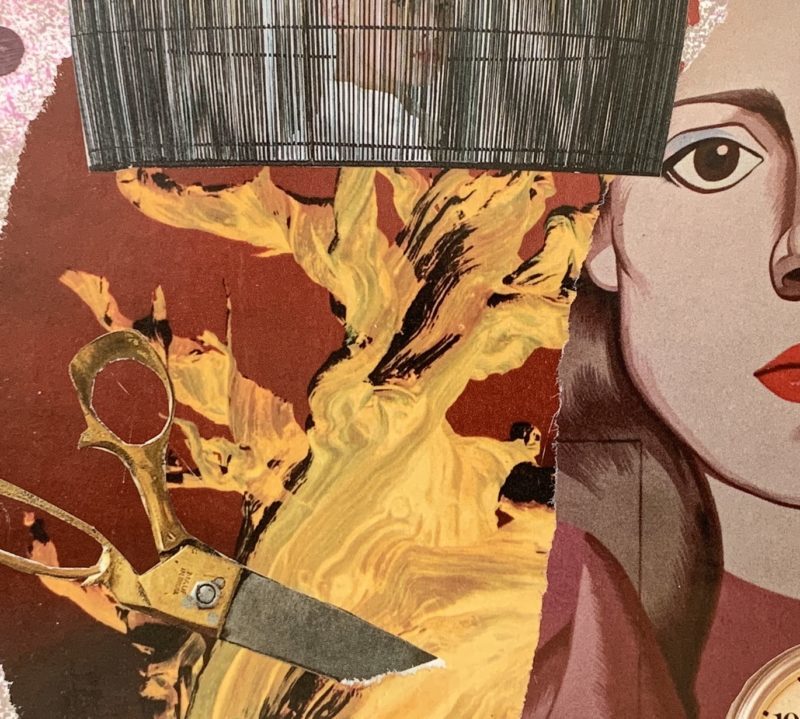
Witnessing the evidence of harm
It’s been years since I’ve spent a Saturday morning in a room, passing around a box of kleenex while listening to birth parents and adoptees weep through their stories. I used to regularly attend Concerned United Birthparents meetings back when I was searching for my son. Until I went to one of these meetings, I thought I was somehow maladjusted. Some rare freak who was unable to forget that she’d given away her baby. Because of the secretive nature of being an unwed mother, I’d never met another girl like me. I knew they were out there, but I told myself that they (whoever they were) were fine. I was the defective one. The meetings demonstrated how wrong I was. I witnessed the evidence of harm.
The ongoing legacy of adoption
After I read this article a few days ago, I realized that adoption’s legacy of harm extends far beyond the borders of the Baby Scoop Era (1945-1973) here in the U.S. The U.K. Parliament Joint Committee on Human Rights recently published its first batch of written evidence after gathering testimony from mothers who relinquished babies between 1949 and 1976. Although the dates don’t match exactly with what’s generally considered the Baby Scoop Era, a couple of years on either end is a mere detail. Adoption practices in the United Kingdom as well as Canada, New Zealand, Australia, and Ireland were similar to those in the United States. And when we speak of the Baby Scoop era, we’re really talking about all of these places.
Writing down the evidence of harm
The U.K. Parliament has published their evidence–both transcribed oral testimony and written testimony. There are many pages. And of course this is a fraction of all the stories out there. In the U.S. alone, at least four million babies were relinquished.
Here’s a quote from one of the testimonies made to the U.K. Parliament:
“I was severed from my birth family, and they were severed from me. I was prevented access to familiar faces and the people that I look like. I didn’t have information pertinent to familial medical history. I grew up without the facts surrounding my life. I was raised with the knowledge that I am adopted, although my experience of dialogue around my adoption is shut-down. It is not talked about. Adoption has deeply impacted on my sense of self, my self-esteem, my relationships to others, and my relationship to the world.”
Harry Barnett (ACU0091)
As for me, I’m reunited with my son. I guess I’d say that I have one of the happiest birthmother/first mother stories that I know of. But I’ll repeat what Mr. Barnett says above. Losing my son “has deeply impacted on my sense of self, my self-esteem, my relationships to others, and my relationship to the world.”
